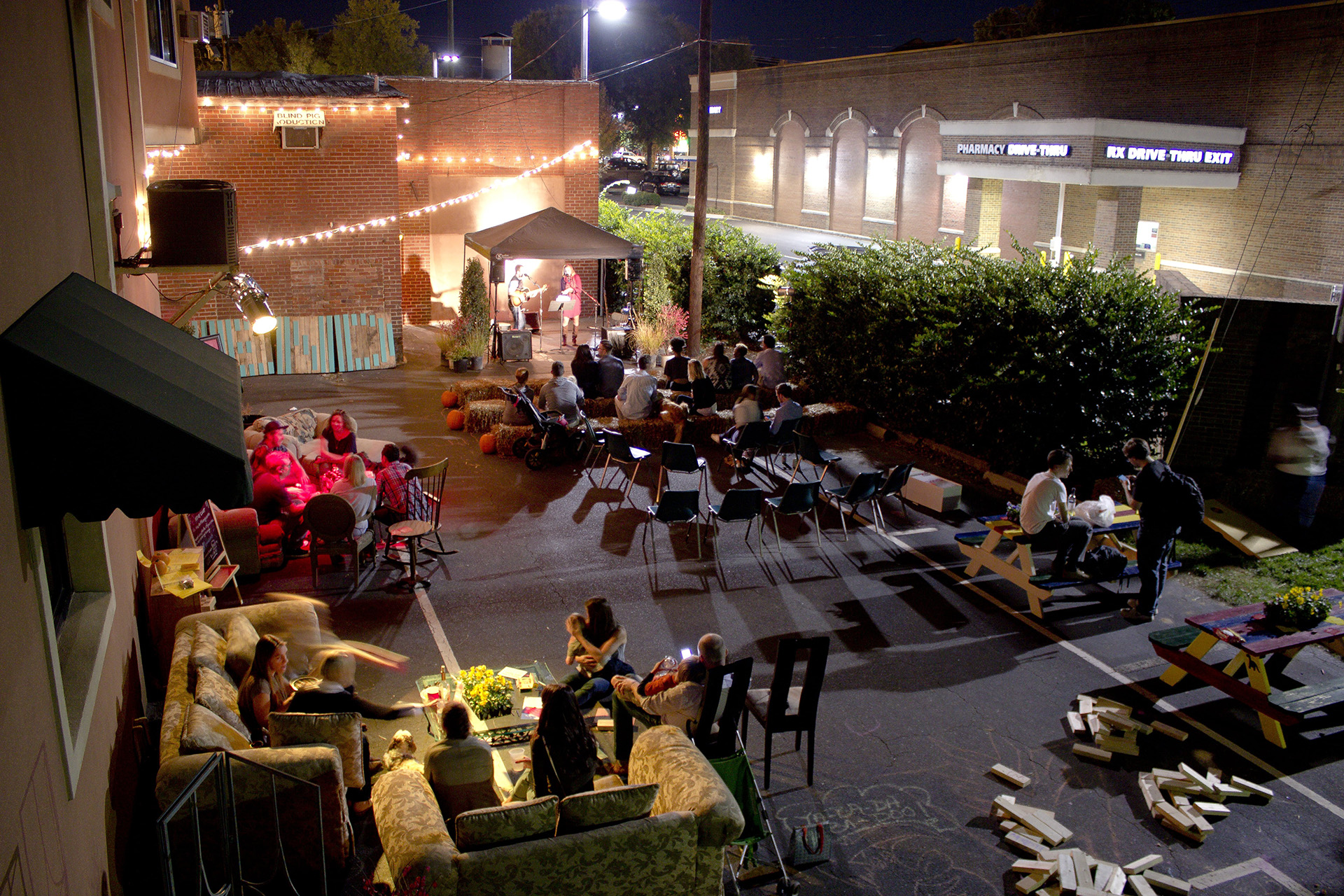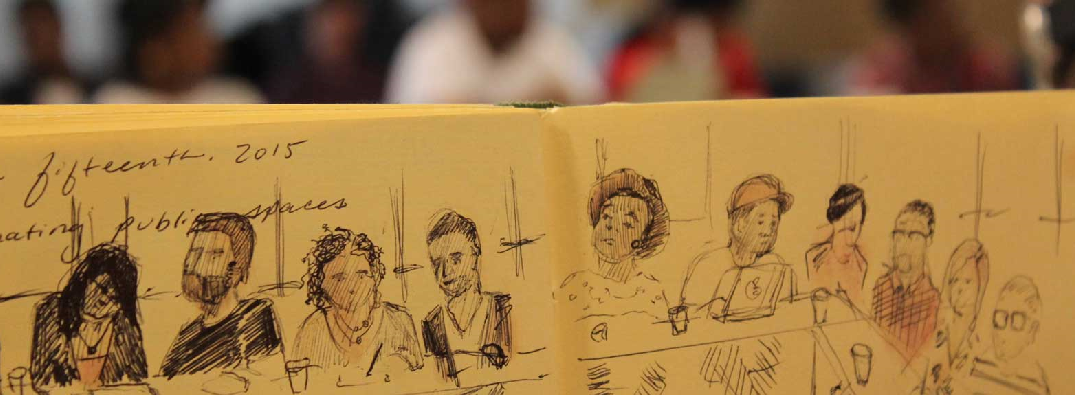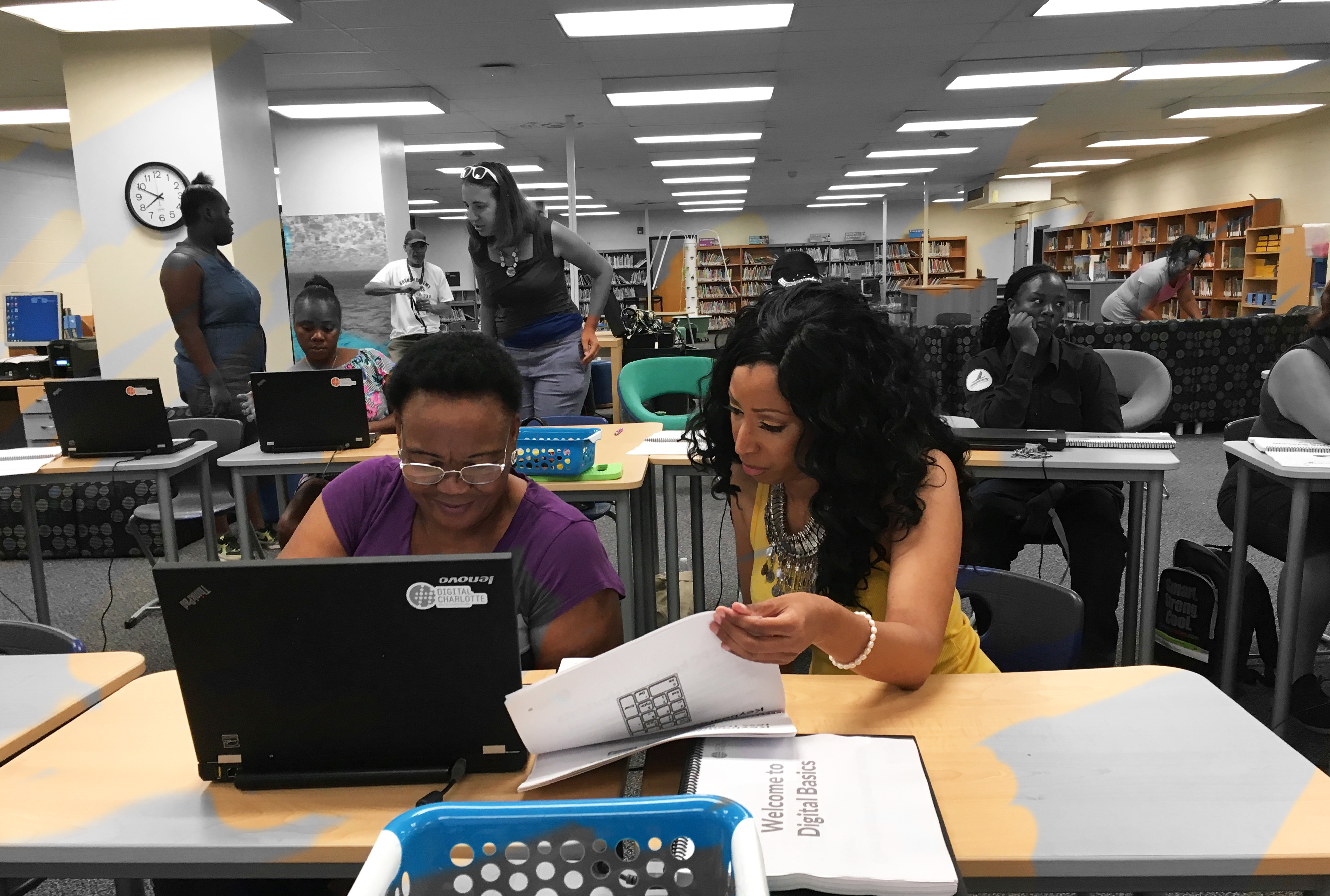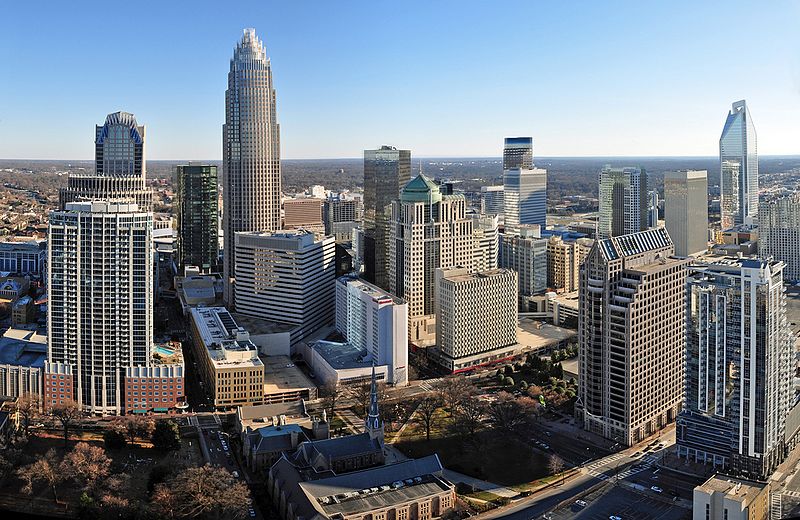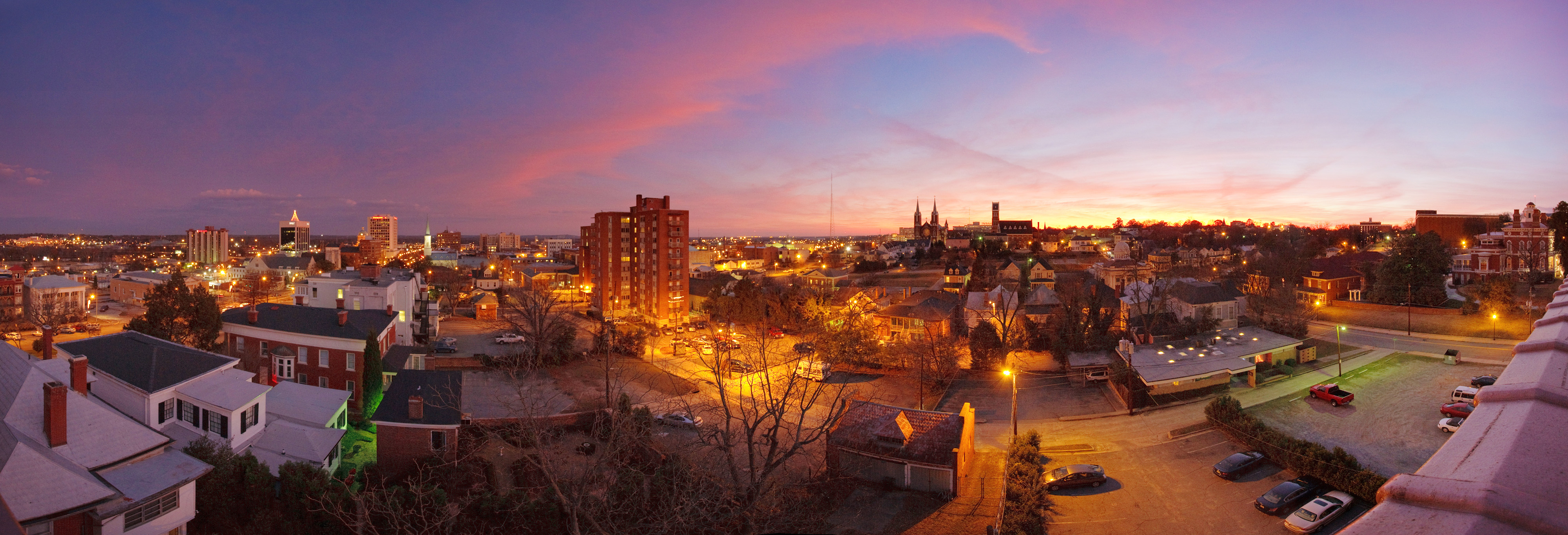
Photo by: Albert Yee
For nearly 14 years, I’ve had the privilege of leading Knight Foundation, where our mission is to strengthen democracy by supporting informed and engaged communities.
We support journalism — because we believe, as Jack Knight did, that a well-informed community can best determine its own true interests, and that well-informed citizens are the bedrock of an effective and inclusive democracy.
We support art — because great, provocative art inspires and binds people to the place they call home.
We support community engagement — because shared experiences and common ownership of place bind us to each other.
And that is why we are proud to support public spaces.
As community builders, it was natural for Knight Foundation to gravitate toward the reimagining of public spaces that began, for us, in Philadelphia, in partnership with the City government and The William Penn Foundation. As those projects took shape, we partnered with JPB and Kresge Foundations to expand in four different ways in four different cities: Detroit, Chicago, Akron and Memphis.
We’ve also supported smart city initiatives, helping cities harness the growth of digital technology to improve how they serve and connect with residents, most recently helping engage neighbors exploring the use and purpose of self-driving vehicles.
Through this work, we’ve found that building community takes time and has rough patches. In my experience, projects that successfully transform a community, a field, an organization or a corporation share four distinguishing characteristics: vision, courage, skill and tenacity.
Transformation requires a vision of what could be; the courage to express it; the skill to achieve it; and, perhaps most importantly, the tenacity to see it through. Transformational change, after all, does not happen on the neat schedules of election cycles or foundation grant years. It happens slowly and, if the change is not authentic, it will fail. That’s why we stress active, meaningful community engagement in all of our public spaces efforts.
We’re proud of the work we’ve done. If you’re interested in learning more, please read a report we commissioned by journalist Aaron Weiner. What you’ll find is a report on a work-in-progress, mostly but not entirely successful.
At almost every point in this process, we’ve been impressed by the quality of leadership that is emerging and by the capacity for individuals to inspire. Before I joined Knight Foundation, I had the privilege of attending a Skoll Foundation Board of Trustees meeting and remember they were clear about their purpose: they were going to change the world by finding, funding, connecting and celebrating social entrepreneurs.
I took that seriously. Over time, we at Knight invested in all manner of entrepreneurs working in public spaces and have connected them at this and many other convenings like it. These convenings are not academic exercises: they bring together smart people determined to learn from each other and impact their communities.
When my colleagues at Knight suggested we should also celebrate the leadership we found, it was a natural progression. We decided to launch the Knight Public Spaces Fellowships. I’m delighted to announce the first set of winners this afternoon.
Our open call for suggestions attracted over two thousand nominations. As is typical of Knight open calls and challenges, our staff worked with outstanding panels of experienced and diverse reviewers.
The seven Fellows we selected are talented leaders with a proven track record of crafting public spaces that foster civic engagement. They represent the creative range and diversity of the field, having built parks, plazas, trails, streets, and community spaces.
Each Knight Public Spaces Fellow will receive $150,000 to spend as they see fit on promoting public spaces.
They will also have opportunities to work with and learn from each other, and the program will encourage the sharing of lessons across the country.
Our inaugural Knight Public Space Fellows are:
- Anuj Gupta, general manager of Reading Terminal Market in Philadelphia, one of the country’s largest and oldest public markets. Anuj has done a brilliant job connecting cultures and successful businesses into a marketplace that reflects hardworking, food-loving Philadelphia.
- Chelina Odbert, co-founder and executive director of Kounkuey Design Initiative, a global design firm that prioritizes community participation in public space — designing public spaces side-by-side with residents, integrating environmental, social and economic strategies. Her recent work in Coachella Valley and Los Angeles showcases this approach.
- Eric Klinenberg, Professor of Social Science at NYU. Most recently, Eric served as research director of Rebuild by Design, the federal competition focused on generating innovative designs for 21st Century infrastructure in the region affected by Superstorm Sandy. His latest book, “Palaces for the People,” is about the essential role of social infrastructure — including libraries, playgrounds, and parks — in revitalizing democratic culture and civic life.
- Erin Salazar, executive director of San Jose’s Exhibition District, a woman-owned-and-operated arts nonprofit creating economic opportunities for artists at the intersection of public art and community development. Salazar is redefining public space to maintain a community’s cultural authenticity.
- Katheryn Ott Lovell, Commissioner of Philadelphia Parks and Recreation, who oversees one of the largest park systems in the country, having previously been executive director of the Fairmont Park Conservancy. Her emphasis on citizen-centric service provides exceptional opportunities to residents and prioritizes community engagement.
- Robert Hammond, co-founder and executive director of the Friends of the High Line, the organization that created the most notable industrial reuse project of the past decade. More recently, he formed the High Line Network, which focuses on the equitable development of underused city infrastructure to develop new urban landscapes.
- Finally, Walter Hood, professor at the University of California at Berkeley and creative director of Hood Design, a firm that has employed art, design, landscape, research and urbanism in their design of public spaces for institutions like Cooper Hewitt Museum, Broad Museum and Solar Strand at the University at Buffalo, as well as neighborhood spaces in Oakland and New York City.

The Knight Public Spaces Fellows. From left to right: Sam Gill, Knight Foundation; Robert Hammond, Friends of the High Line; Eric Klinenberg, New York University; Chelina Odbert, Kounkuey Design Initiative; Erin Salazar, Exhibition District; Anuj Gupta, Reading Terminal Market; Kathryn Ott Lovell, Philadelphia Parks and Recreation; Alberto Ibargüen, Knight Foundation; Lilly Weinberg, Knight Foundation. (Not pictured: Walter Hood, Hood Design.) Credit: Albert Yee.
###
Learn more about the fellows at kf.org/psfellows19
